
AA: You've had a lot of different sports broadcasting experiences over the years, from CBC to LeafsTV to Fox Soccer to junior hockey with Cogeco to CTV in Regina. Did any of those jobs stand out for you as particularly enjoyable? Will that diverse background help you at a cross-sports place like Fox Sports One?
Julie Stewart-Binks: Throughout my journey in broadcasting, I’ve learned to be very adaptable. I’ve had the chance to work in the Sky Sports newsroom in London, England, work at Hockey Night in Canada, for Fox Soccer, and cover literally everything and anything in Regina. You learn to challenge yourself with new material you have to work very hard and prepare to consistently feel uncomfortable. But, it is highly entertaining, always changing, and always fresh. Having already been challenged to know so many different sports, in many different cities, and even different continents, I know my work ethic will pend itself to learning a lot more about popular American sports.
AA: I know you mostly did QTV at Queen's, but you also dabbled in print with us at the Journal. Why'd you choose TV as a medium? What appeals to you about it?
Julie Stewart-Binks: I love many things about television. I love its live thrill; I love its immediacy; I love its ability to create emotion and tell stories by pairing words with pictures. There is so much you can create with television, yet there is also so much more you have to know about the process of creating television (editing, producing, writing, shooting). Luckily, I’ve had the chance to do it all. It’s very rewarding knowing you can create a story for a sportscast without the help of anyone else.
AA: What did you learn from doing your master's degree in London? How much has that helped in your career so far?
Julie Stewart-Binks: I learned a lot of broadcasting basics, ethics, writing for TV/radio, and international news. I learned even moreso that sports is my passion, and I can’t imagine doing anything but covering sports. My program had students from 39 different countries across the globe. As much as I learned in the classroom, I learned more by interacting with my peers their backgrounds in journalism, their stories and goals. I got to live and breathe a different culture in London, which really helped me understand the fundamentals of football fandom in the UK. It was inspiring, and got me hooked on the beautiful game. I went to do my Master's to get journalism training, since I had completed an undergrad double degree in Physical Education and Drama, and many jobs told me I needed a journalism degree or diploma. But the experience to learn and live in a new culture helped shape my knowledge of international sports culture.
AA: Who are your broadcasting role models? What have you learned from them?
Julie Stewart-Binks: Jody Vance has always been someone I’ve held in the highest regard since my first days. She reached out to me when I was younger, and I have been inspired by her ever since. I like a lot of things about many different female sportscasters to name. In the US, Suzy Kolber seems like a real trailblazer for me, she’s done everything and anything.
AA: What's your dream broadcasting job?
Julie Stewart-Binks: I’ve always wanted to be a hockey insider. I want to be on the panel. I want to be more than just the girl hosting the panel. I am confident I will get to this someday; it just takes time to build up experience, networks and contacts to be able to have that analyst voice. But, in the last little while I’ve realized that anything is possible and I want to do it all. I want to cover a Super Bowl, a World Series and a Stanley Cup final, and host the Olympics. I want to be a credible source of sports knowledge and information in the industry – breaking stories and creating meaningful content.
AA: Women in locker rooms has popped up as a subject of debate again recently thanks to Don Cherry. How'd you react when you heard his comments? What do you think on the subject? I remember you writing this for us at the Journal back in 2009: have you run into sexism from athletes since, or from people who only think you're employed thanks to your looks?
Julie Stewart-Binks: I think it goes without saying, I was unimpressed with Don Cherry’s comments, and think they are so far-fetched in 2013 that it’s not even a topic of discussion to be debated anymore. Of course, instances of sexism exists in a male-dominated industry the less women there are, the more visible their gender is—but I’ve found that the locker rooms, at least in major cities not in Saskatchewan have plenty of women covering sports in radio, print and TV. Everyone is treated with a level of respect from peers and athletes that is expected (minus a few examples, re: Duncan Keith). I’ve found the athletes I’ve interviewed for CTV have treated me with the same level of respect as I treat them. The only party pooper as of recent has been Mr. Cherry, and some other trolls on twitter…
We work in a visual industry so appearances will always be a part of the job. But, it’s about proving to others and your audience that you’re not just teeth and hair. The responsibility is on oneself to prove that they are more than what they look like, if that’s what they want. It’s very easy to be exposed on your weaknesses male or female if you don’t know your stuff.
AA: Is the sports media world at the moment a fair playing field for women? If not, how should it change?
Julie Stewart-Binks: I’ve always believed the more women there are, the less of a “minority” they are, the more common it is to see them, and the more accepted we are as a whole. I encourage women to get involved in the industry and to be the best they can – even if they are my competition. The more we have, the better we get, and the less of an anomaly we are as a gender.
Thanks to Julie for her time. Follow her on Twitter @JSB_FOX.

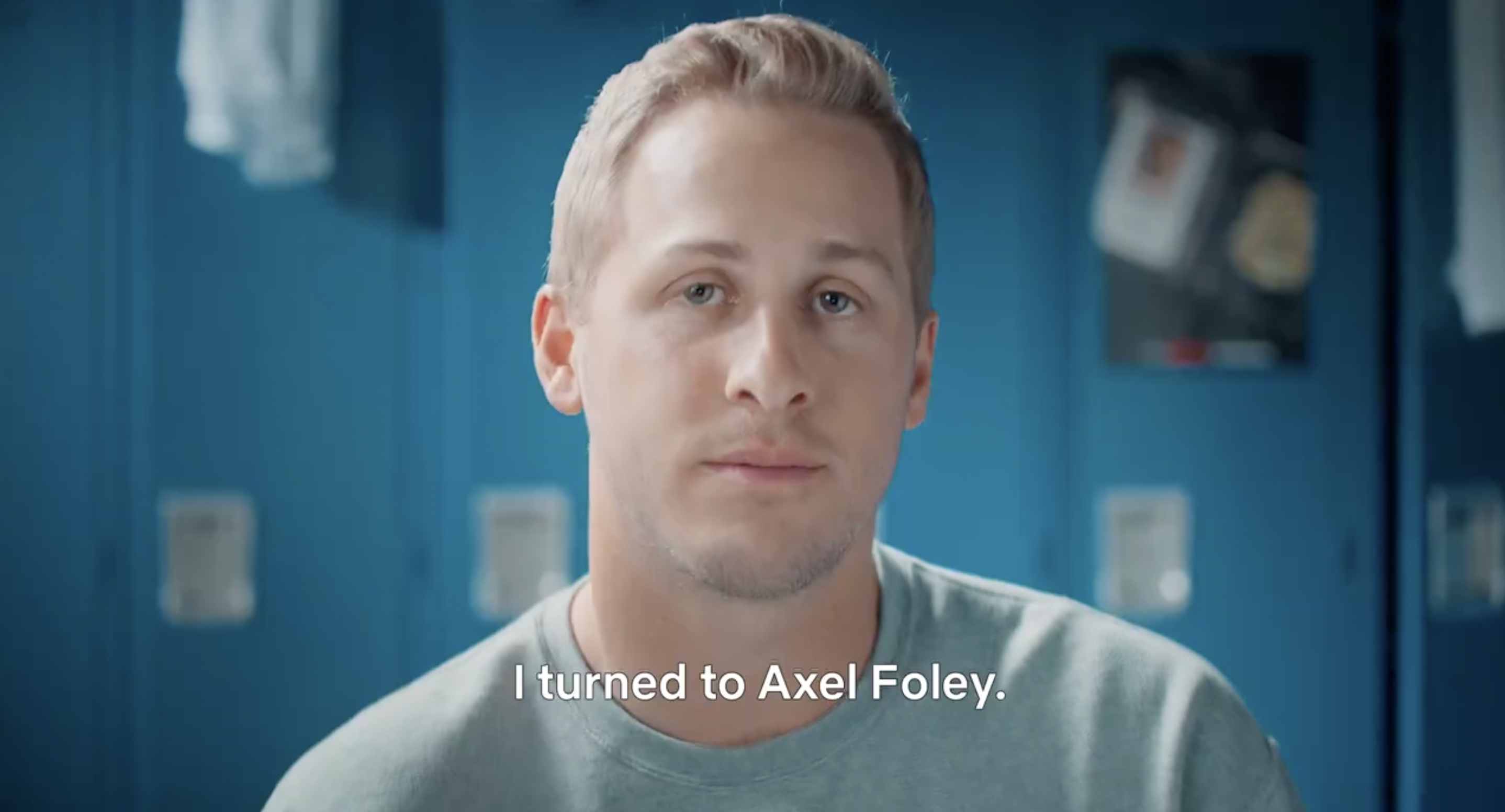
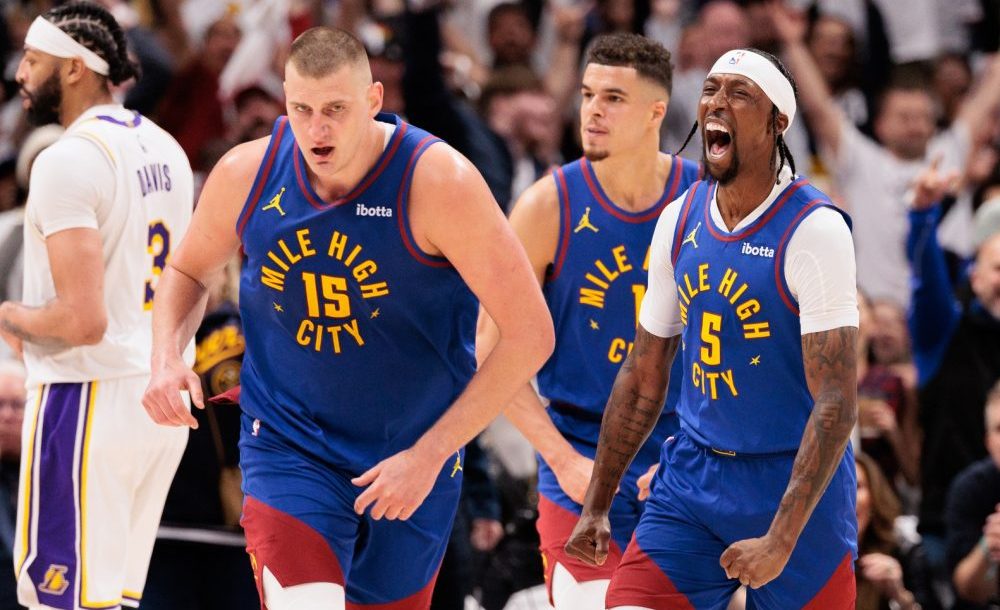
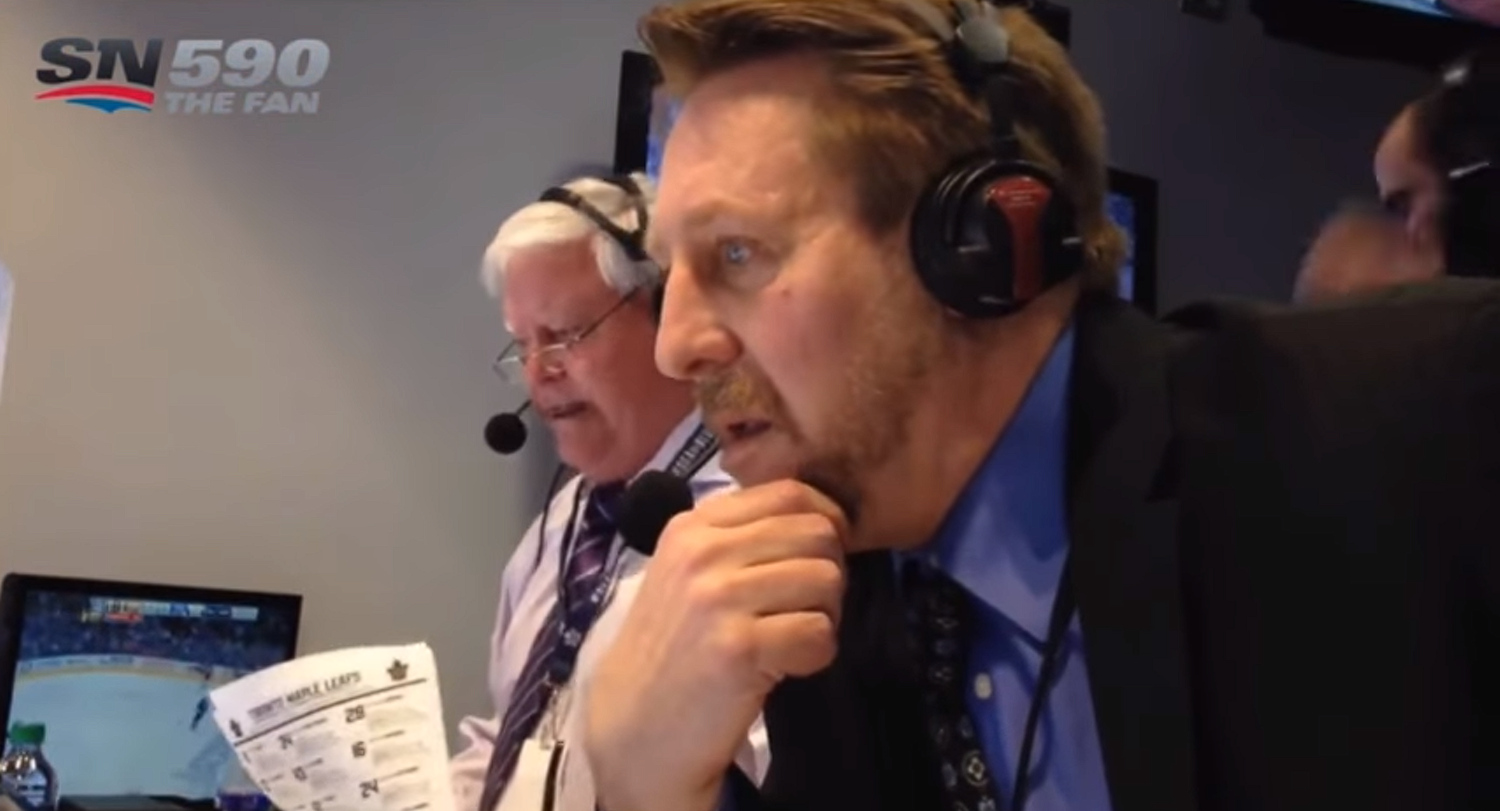
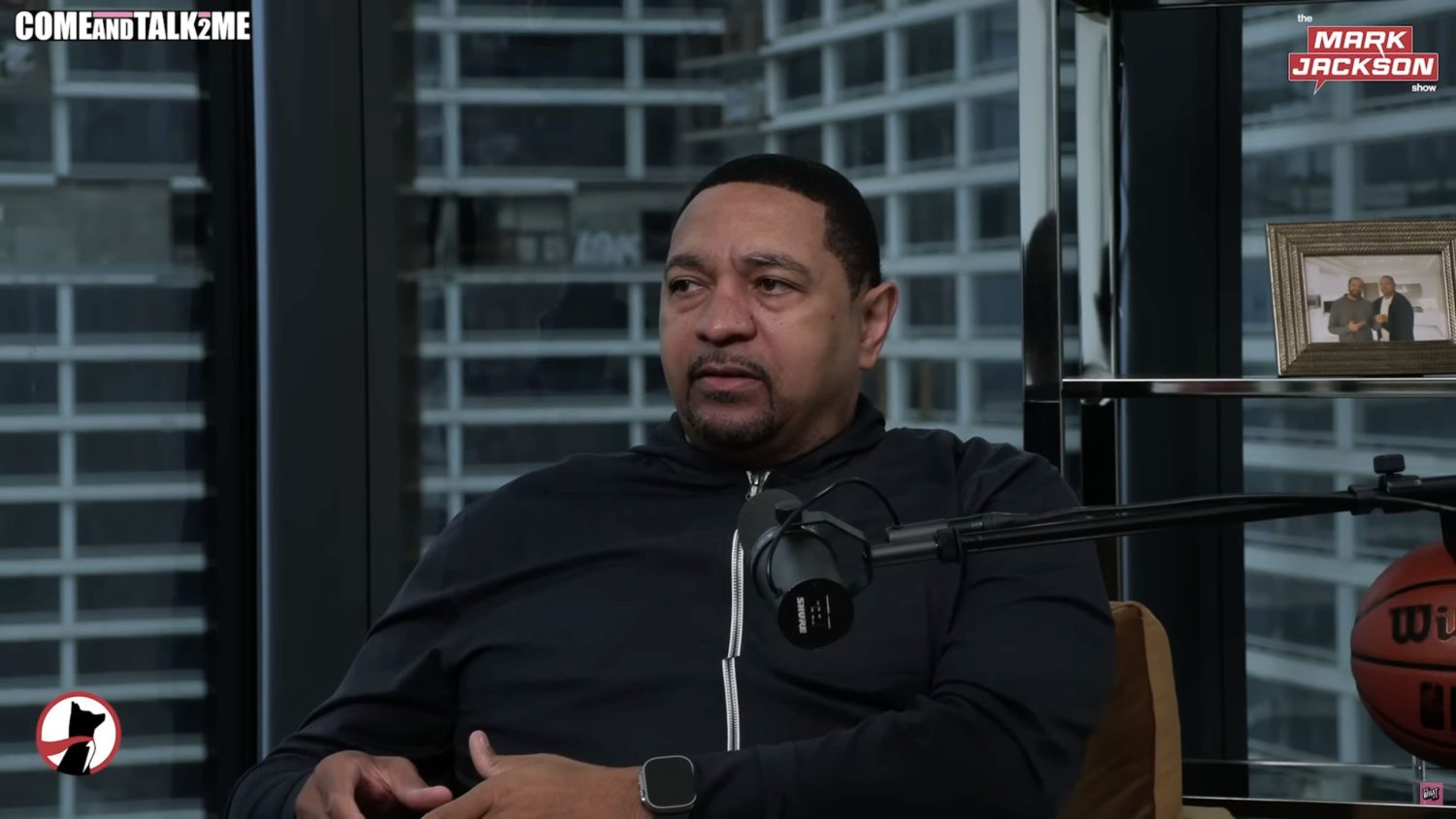
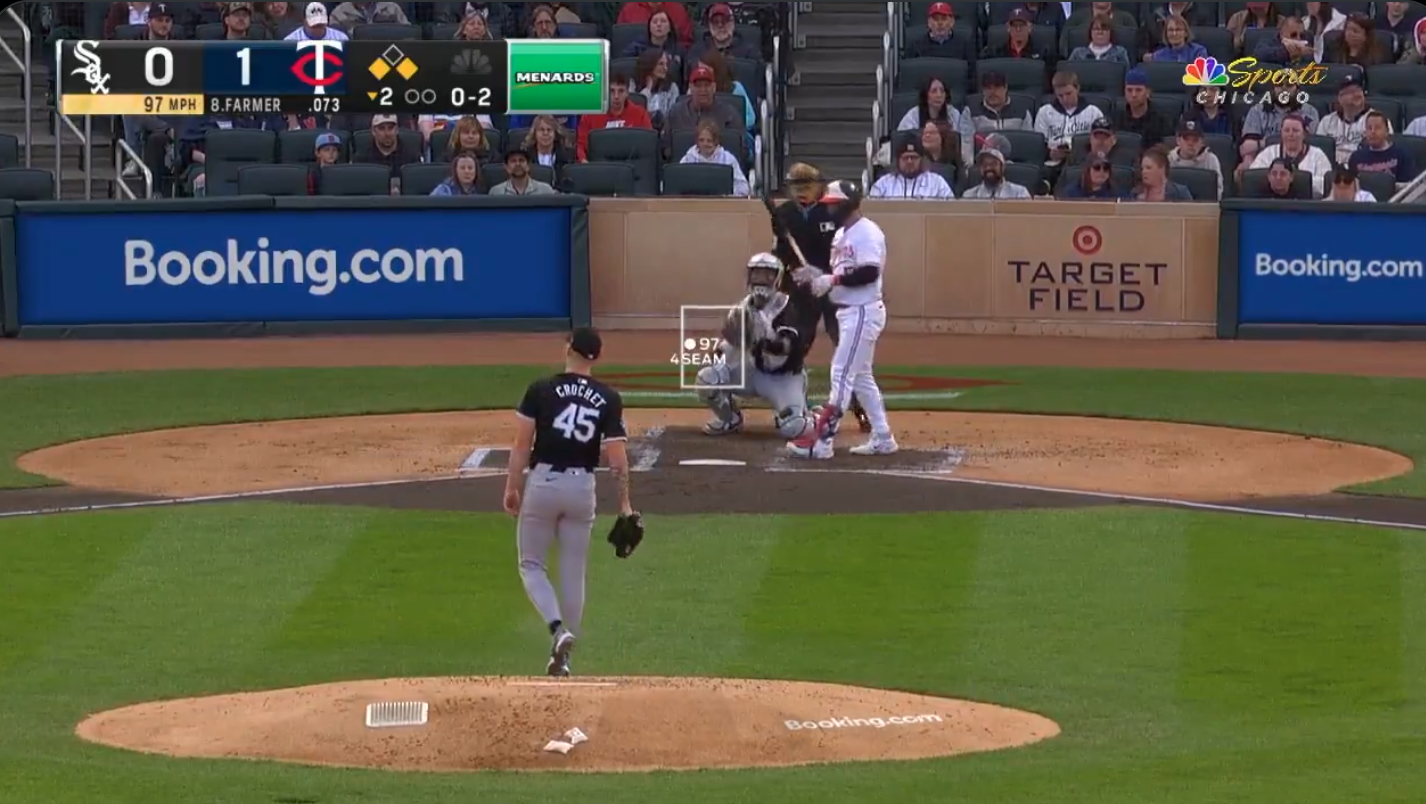
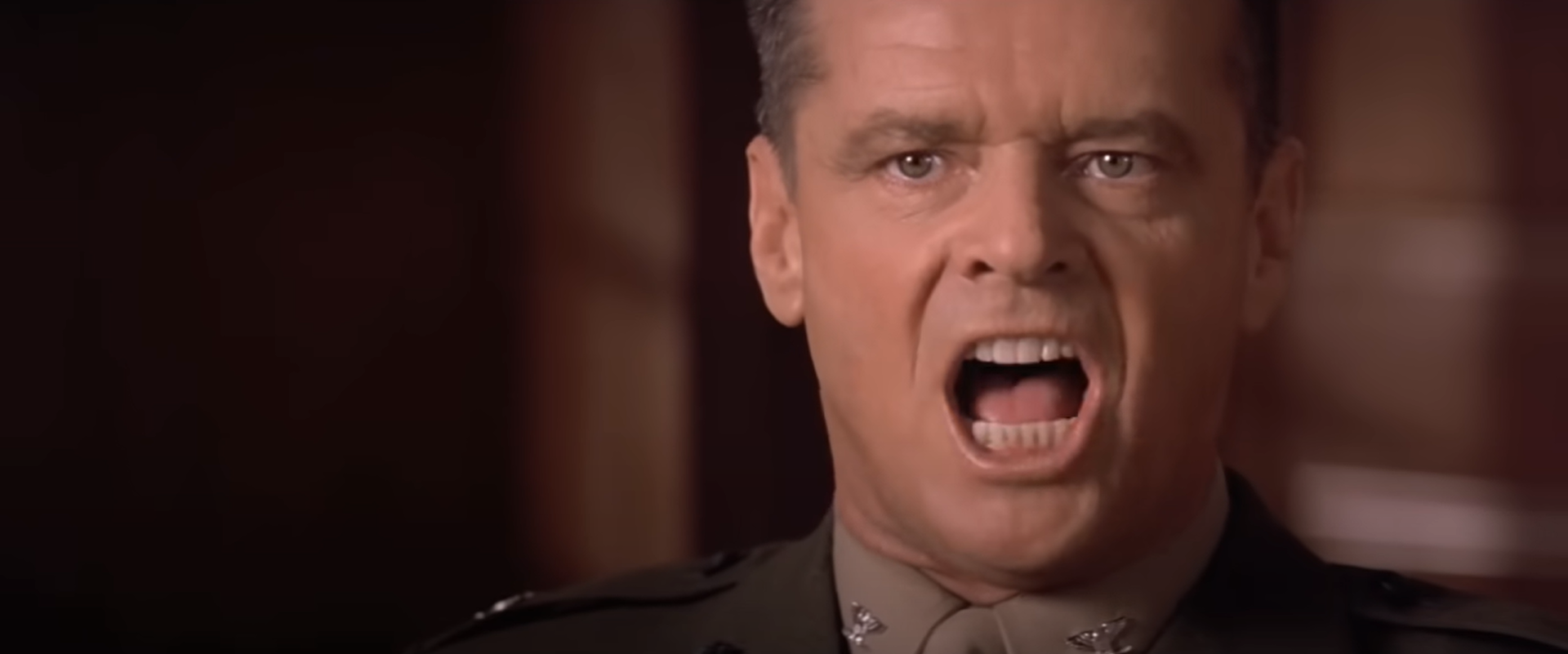
Comments are closed.